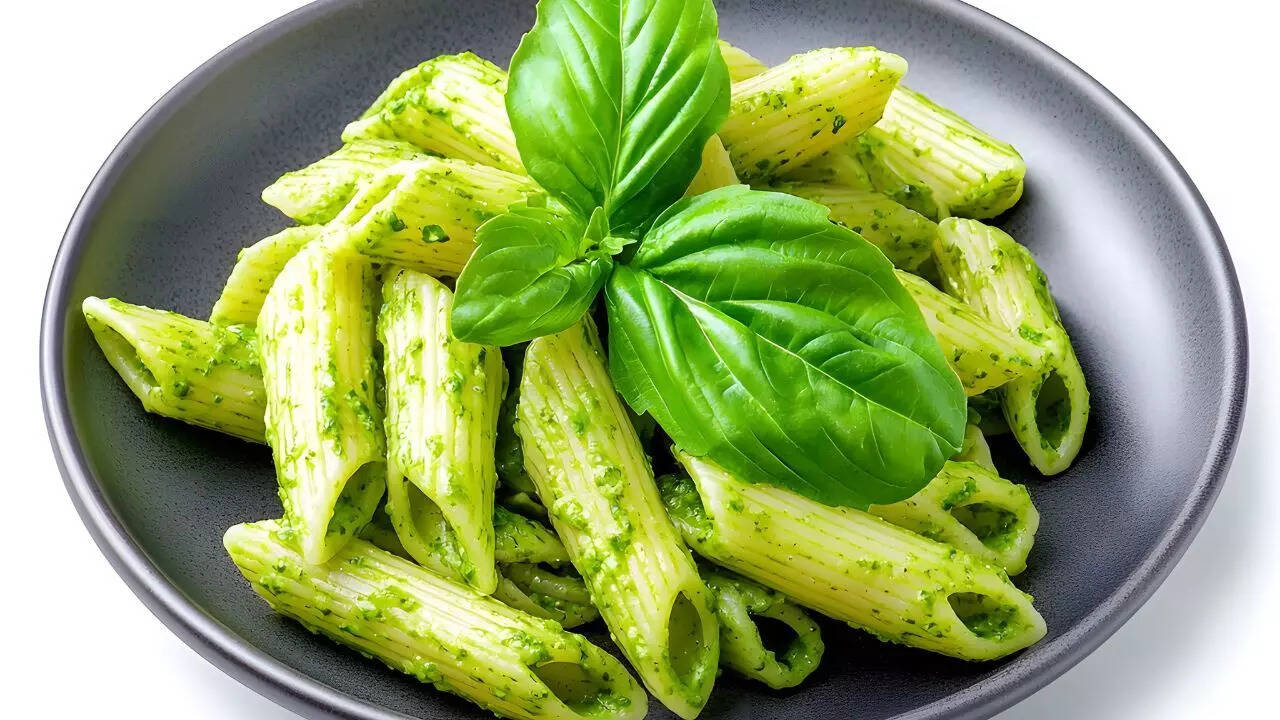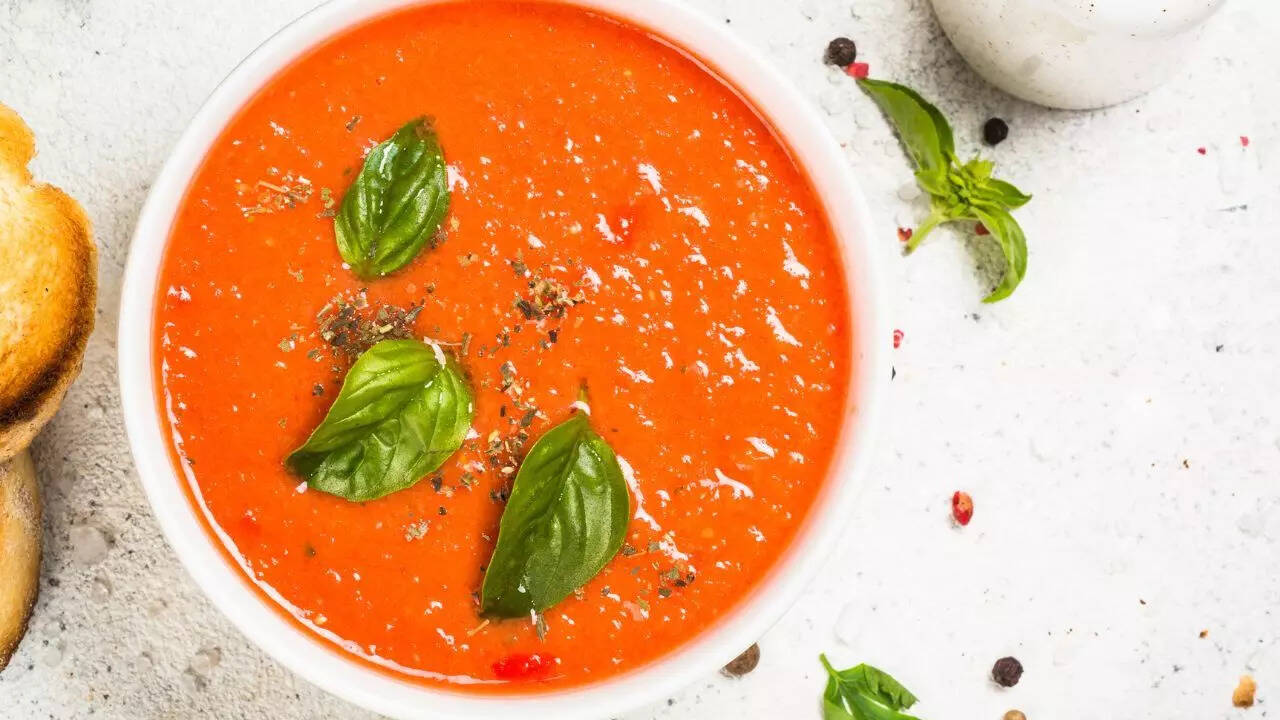Basil is one of the most widely recognised herbs in the world, valued for its aromatic fragrance and fresh, slightly peppery taste. While it is commonly used to enhance pasta, salads, soups, and dressings, basil offers far more than culinary appeal. Despite its small size, each leaf contains an impressive array of nutrients and plant compounds that can positively impact multiple body systems when consumed regularly. From supporting antioxidant defence to promoting heart and digestive health, basil proves that even tiny amounts in your diet can contribute significantly to overall wellness.
Why you should eat basil every day: 5 science-backed reasons

Source of natural antioxidants
According to a study published in NIH, basil contains powerful biochemical compounds, including eugenol, which act as antioxidants. These compounds help neutralise free radicals, unstable molecules in the body that can damage cells over time. Free radical damage has been linked to chronic conditions such as heart disease, cancer, and premature ageing. By reducing oxidative stress, basil can help protect cells, support long-term health, and potentially lower the risk of disease. Including fresh basil in your meals allows you to benefit from these antioxidant effects while enhancing the flavour of your dishes naturally.
Rich in essential nutrients
Despite its modest size, basil is packed with nutrients that contribute to daily health. It is a notable source of vitamin K, which is vital for strong bones and proper blood clotting. Additionally, basil provides vitamin A, calcium, and iron, which support vision, bone health, and red blood cell production, respectively. Even a few leaves added to salads, soups, or pasta dishes can provide meaningful nutritional benefits. Incorporating basil into everyday meals is a simple way to boost nutrient intake without significantly increasing calories or effort.
Helps reduce inflammation
Another study published in NIH suggests that chronic inflammation can harm the body and contribute to heart disease, diabetes, and other health issues. Basil contains phytonutrients and polyphenols that help modulate inflammatory responses, reducing cellular stress and supporting overall health. By including basil in your diet, you can promote heart health and potentially lower the risk of type 2 diabetes. Its anti-inflammatory properties complement its other benefits, making basil not only a flavour enhancer but also a natural protector of long-term wellbeing.
Supports healthy blood sugar regulation

Basil may also aid in maintaining stable blood sugar levels. Compounds like eugenol have been shown to improve insulin sensitivity and limit excess glucose release, helping prevent spikes and crashes in blood sugar. While more research is needed to fully understand these effects, early findings suggest that regular consumption of basil could support metabolic health. For individuals seeking natural dietary strategies to complement healthy lifestyle habits, adding basil to meals offers a simple, flavorful option to support blood sugar balance.
Promotes digestive comfort
Basil contains compounds such as cineole and estragole, which may ease digestive discomfort. These naturally occurring substances can help relieve bloating, stomach cramps, and indigestion while promoting a healthy balance of gut bacteria. Incorporating basil into meals not only enhances taste but may also provide gentle, soothing effects on the digestive system. Over time, consistent use of basil can contribute to better gut health, improved nutrient absorption, and overall digestive comfort, demonstrating that even a handful of fresh leaves can provide meaningful benefits.Basil is far more than a culinary herb; it is a small but potent source of antioxidants, nutrients, and plant compounds that support multiple aspects of health. From reducing oxidative stress and inflammation to improving blood sugar control and digestion, basil offers a wide range of benefits in even modest amounts. Adding fresh basil leaves to salads, soups, pasta, or dressings is an easy and natural way to boost both flavour and wellness. By incorporating this versatile herb into your daily meals, you can enjoy a simple, plant-based approach to maintaining long-term health and vitality.Disclaimer: This article is for general informational purposes only and is not a substitute for professional medical advice, diagnosis, or treatment. Always seek the guidance of a qualified healthcare provider regarding any medical condition or lifestyle change.Also Read: 7 benefits of beet juice that explain how it lowers blood pressure and inflammation












